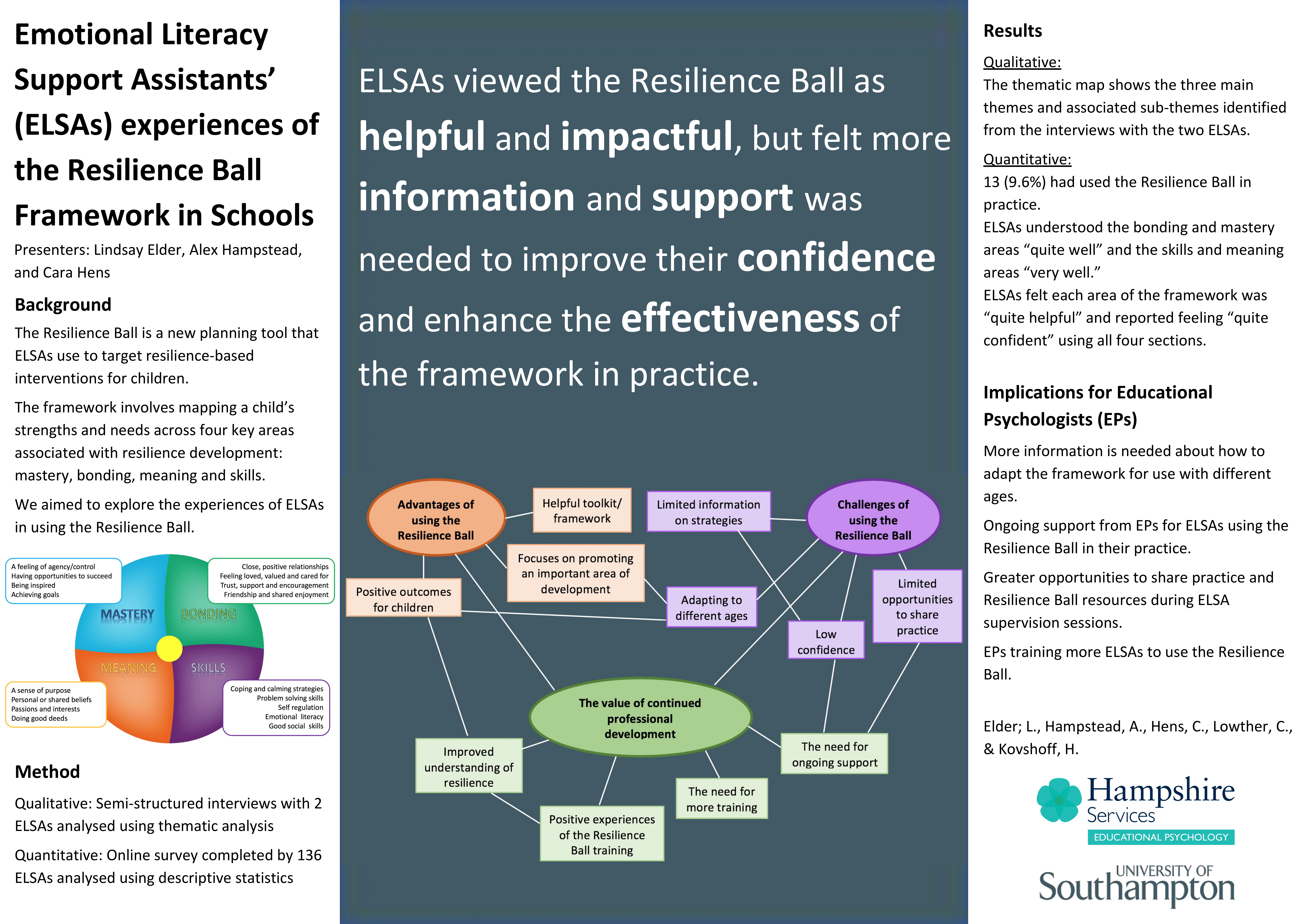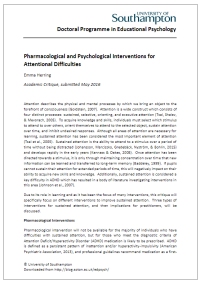Assignment type: Thesis
Author: Louise Boeckmans
Submitted: September 2021
Abstract
As part of this thesis, a review was conducted to investigate the impact of character strengths interventions (CSIs) on students’ well-being and academic outcomes. Whilst a large body of research exists with adults, few studies have focused on school-based CSIs. Through a systematic search, 13 articles were identified. Overall, positive findings emerged for classroom engagement and several measures of well-being, with the exception of negative affect. School-based CSIs appear to be most effective when conducted by teachers over time. Whilst research with specific populations is lacking, there is some evidence that the intervention can improve the well-being of at-risk students. There is mixed evidence as to whether the method of strengths identification is influential. A need for further research is considered important, particularly regarding the use of CSIs with primary-aged pupils and its use in a one-to-one format. Furthermore, it is not yet known whether the specific strengths focused upon impacts the effectiveness of this intervention.
Empirical research was also conducted for this thesis in which the concept of strengths- based practice is applied to ADHD. Research suggests that school staff are more likely to make within-child attributions of behaviour and have lower expectations for children with this diagnosis. The current research aimed to replicate this finding and investigate how perceptions alter when the characteristics of ADHD are presented as strengths, not deficits. In an online survey, 271 members of school staff read a vignette describing a child, with or without an ADHD label present, and whose behaviours were either positively or negatively framed. Staff’s attributions for the child’s behaviour and their predictions of the child’s future life satisfaction were collected. It was found that, when the characteristics of ADHD were negatively framed, staff expressed greater certainty in making both internal and external attributions and believed that the student would have lower life satisfaction as an adult. The label itself had no significant effect. These findings suggest that the framing of ADHD characteristics, rather than the label, impacts school staff’s beliefs.





